Recent UK Defence Intelligence analysis highlights a significant rise in convictions for treason within Russia, marking the highest levels in at least nine years.
“According to Russian independent media, convictions on treason charges in Russia are at the highest level in at least nine years, with more convictions in the first six months of 2024 than in all of 2023, citing data from the Russian Ministry of Justice,” states the intelligence report.
The report also highlights that this surge is paralleled by a substantial increase in convictions under other criminal charges, including extremism, terrorism, and ‘disinformation’. The Russian Ministry of Justice data reveals that this marked rise underscores a shift in the Kremlin’s internal security strategies amid mounting international and domestic tensions.
Latest Defence Intelligence update on the situation in Ukraine – 01 November 2024.
Find out more about Defence Intelligence’s use of language: https://t.co/m6l6iZT1vO #StandWithUkraine 🇺🇦 pic.twitter.com/613WwLUwWp
— Ministry of Defence 🇬🇧 (@DefenceHQ) November 1, 2024
This uptick in treason and other politically charged convictions illustrates a changing dynamic in how the Russian government manages opposition, moving away from previous subtler controls. “This conviction data illustrates the increasing reliance by the Russian government on coercive and demonstratively deterrent methods to maintain control over elements of the population that are hostile to the regime,” Defence Intelligence commented.
The shift to harsher measures appears to reflect the Kremlin’s concern over dissenting segments of its population, particularly as the conflict in Ukraine continues.
Prior to the full-scale invasion of Ukraine in early 2022, Russia’s approach to quelling dissent typically involved less visible strategies, including indirect suppression tactics like media restrictions, targeted pressure on activists, and limitations on protest. However, with rising domestic opposition to both the war in Ukraine and broader governance issues, these methods seem to have shifted in favour of overt punitive actions.
Defence Intelligence suggests that “prior to Russia’s full-scale invasion of Ukraine, the regime would usually preference more subtle ways of controlling dissent.” This change likely represents an effort to publicly display consequences for opposition, intending to deter criticism and enforce state narratives.


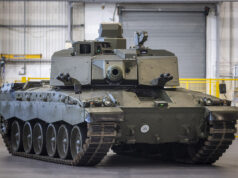

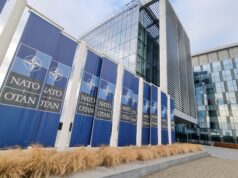


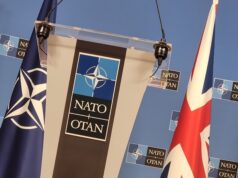
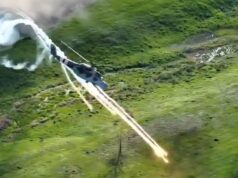

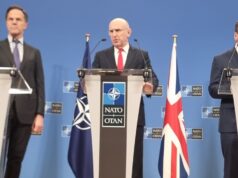
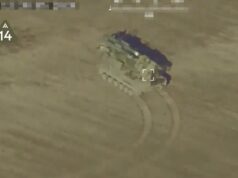

Only mother Russia could come up with yet another innovative and unique system for army recruitment!
I was under the impression that people in Russia who don’t agree with the illegal occupation of crimea and ukranian land have a tendency to fall out of windows
“other criminal charges, including extremism, terrorism, and ‘disinformation’.”
That really is Putin “the Pot calling the kettle black” as he excells at all 3.